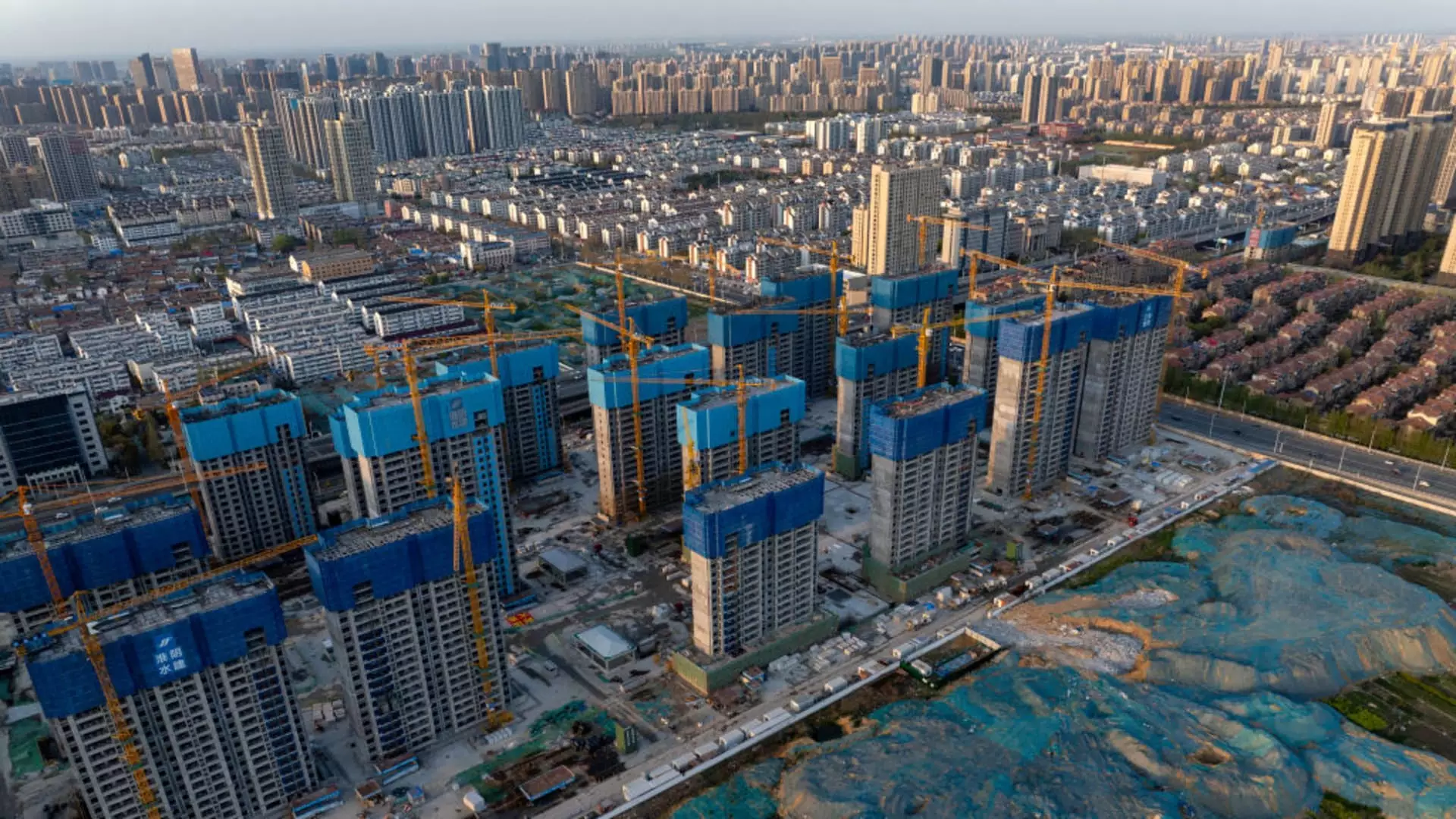China’s economy is facing challenges as business and consumer appetite for new loans remain tepid. According to Richard Koo, chief economist at Nomura Research Institute, China may be entering a “balance sheet recession,” similar to Japan’s economic slump. This is evident as home prices have been dropping, with Goldman Sachs’ analysis showing a steeper decline in January compared to February. In order for economic activity to pick up, China needs to convince people that home prices are on the rise.
Despite efforts to boost the economy through new growth drivers such as manufacturing and new energy vehicles, China’s real estate sector continues to face challenges. Chinese officials have acknowledged that the property market is in a period of “adjustment,” with home prices not falling as much as expected given the overall decline in the property market. The property market downturn began after Beijing imposed restrictions on developers’ high debt reliance in 2020, coinciding with the shock of the Covid-19 pandemic.
One significant difference between China and Japan’s economic situations is the population decline. Richard Koo pointed out that China’s population has started to shrink, which complicates efforts to stimulate the economy through real estate. This demographic change makes it difficult to justify encouraging borrowing and home purchases based on the narrative that prices have hit rock bottom. With the real estate and related sectors accounting for a significant portion of China’s economy, the population decline poses a unique challenge to economic recovery.
China’s economic growth target for 2024 sits around 5%, but many analysts believe achieving this without further stimulus will be challenging. Chinese authorities have been hesitant to implement large-scale economic support measures, partly due to the aftermath of a previous stimulus program. About 15 years ago, China launched a 4 trillion yuan stimulus package in response to the global financial crisis. Although initially met with skepticism, the package led to rapid growth. However, continuous stimulus efforts overheated the economy, leading to speculation and corruption.
Looking ahead, Richard Koo suggests that China should stimulate its economy to avoid a balance sheet recession. However, he also emphasizes the importance of cutting back on support once growth reaches a sustainable level, ideally around 12%. This delicate balance between stimulating economic growth and preventing overheating remains a key challenge for Chinese policymakers. As China navigates through these economic challenges, the uncertainty surrounding home prices and the broader property market will continue to play a significant role in shaping the country’s economic future.


Leave a Reply